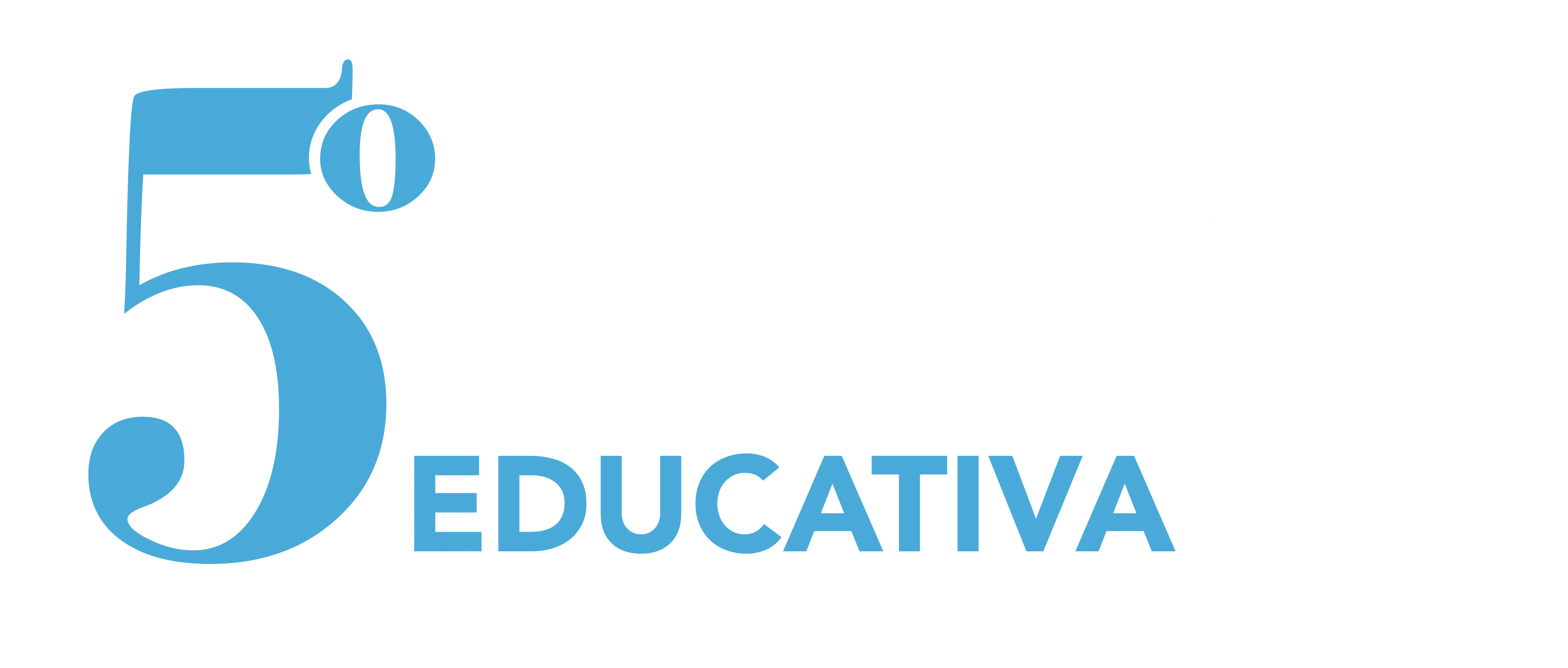Predictores del Engagement Académico en estudiantes de ingeniería chilenos de primer año durante la educación virtual por la pandemia COVID-19
Descargas
Resumen
El Engagement en los estudios universitarios de primer año es clave debido a su relación con el aprendizaje, el desempeño y la permanencia universitaria. Indagar sobre variables predictoras que pueden evaluarse tempranamente y que son modificables se torna clave para organizar intervenciones efectivas, especialmente, en la educación virtual de emergencia. La presente investigación buscó evaluar la capacidad predictiva de variables dinámicas y de medición temprana sobre el Engagement académico en estudiantes de ingeniería chilenos durante la educación virtual por la pandemia. Se realizó un diseño cuantitativo, de tipo asociativo-predictivo que midió el conjunto de variables propuestas para analizar un modelo de regresión lineal múltiple. Los resultados mostraron que autorregulación del aprendizaje, percepción de acogida y motivación inicial mostraron ser predictores significativos del Engagement académico, con un modelo que explicó 43,2% de la variabilidad. El único predictor no significativo fue el dominio de TIC’s para la educación.
Palabras clave
Engagement, Educación en Ingeniería, Educación superior
Publicado
Número
Sección
Cómo citar
Licencia
Derechos de autor 2021 Congreso Caribeño de Investigación Educativa

Esta obra está bajo una licencia internacional Creative Commons Atribución-NoComercial-SinDerivadas 4.0.
Métricas
Citas
Alkan, N. (2014). Humor, Loneliness and Acceptance: Predictors of University Drop-out Intentions. Procedia-Social and Behavioral Sciences, 152, 1079-1089. https://doi.org/10.1016/j.sbspro.2014.09.278
Ato, M., López, J., & Benavente, A. (2013). Un sistema de clasificación de los diseños de investigación en psicología.
Anales de Psicología, 29(3) 1038-1059. http://dx.doi.org/10.6018/analesps.29.3.178511 Field, A. (2013). Discovering Statistics using IBM SPSS Statistics. (4. ª ed) SAGE.
Fredricks, J., Blumenfeld, P., & Paris, A. (2004). School engagement: Potential of the concept, state of the evidence. Review of Educational Research, 74(1), 59-109. https://doi.org/10.3102/00346543074001059
Ghasemi, B. & Hashemi, M. (2011). ICT: New wave in English language learning/teaching. Procedia-Social and Behavioral Sciences, 15(0), 3098-3102. https://doi.org/10.1016/j.sbspro.2011.04.252
Hausmann, L., Schofield, J., & Woods, R. (2007). Sense of belonging as a predictor of intentions to persist among African American and white first-year college students. Research in Higher Education, 48(7), 803-839. https://doi.org/10.1007/s11162-007-9052-9
Hodson, P., & Thomas, H. (2003). Quality assurance in higher education: Fit for the new millennium or simply year 2000 compliant? Higher Education, 45(3), 375-387. https://doi.org/10.1023/A:1022665818216
Kim, H., Hong, A., & Song H. (2019). The roles of academic engagement and digital readiness in students’ achievements in university e-learning environments. International. Journal of Educational Technology in Higher Education,16 https://doi.org/10.1186/s41239-019-0152-3
Kuh, G. (2005). Student engagement in the first year of college. In M. L. Upcraft, J. N. Gardner, & B. O.
Barefoot (Eds.), Challenging and supporting the first-year student: A handbook for improving the first year of college (pp. 86-107). Jossey-Bass.
Maluenda, J., Varas, M., Díaz, A., & Bernardo, A. (2020). Propiedades psicométricas del University Student Engagement Inventory en estudiantes de ingeniería chilenos. Revista Iberoamericana de Diagnóstico y Evaluación-e Avaliação Psicológica RIDEP, 57(4), 77-90. https://doi.org/10.21865/RIDEP57.4.06
Maluenda Albornoz, J.; Flores-Oyarzo, G.; Bernardo, A., & Díaz-Mujica, A. (2021a). Correlatos conductuales del Compromiso Académico en estudiantes de Ingeniería chilenos. Trilogía Ciencia Tecnología Sociedad, 13(24), 109-133. https://doi.org/10.22430/21457778.1754
Maluenda, J., Vargas, M., Riffo-Ferrada, M., & Díaz-Mujica, A. (2021b). Predictores socio-académicos del Study Engagement en estudiantes de primer año de ingeniería. Estudios Pedagógicos, (1), 235-250. https://doi.org/10.4067/S0718-07052021000100235
Mehdinezhad, V. (2011). First year students’ engagement at the university. International Online Journal of Educational Sciences, 3(1), 47-66.
Maroco, J., Maroco, A., Campos, J., & Fredricks, A. (2016). University student’s engagement: development of the University Student Engagement Inventory (USEI). Psicologia: Reflexão e Crítica, 29(1).
https://doi.org/10.1186/s41155-016-0042-8
Park, S., & Kim, N. (2021). University students’ self-regulation, engagement and performance in flipped learning. European Journal of Training and Development. https://doi.org/10.1108/EJTD-08-2020-0129.
Pedler, M., Willis R., & Nieuwoudt, J. (2021). A sense of belonging at university: student retention, motivation and enjoyment, Journal of Further and Higher Education. https://doi.org/10.1080/0309877X.2021.1955844
Pintrich, P. (2000). Multiple goals, multiple pathways: The role of goal orientation in self-regulated learning and achievement. Journal of Educational Review, 92, 544-555. https://doi.org10.I037//0022-O663.92.3.544
Stover, J., Bruno, F., Uriel, F., & Fernández, M. (2017). Teoría de la Autodeterminación: una revisión teórica.
Perspectivas en Psicología: Revista de Psicología y Ciencias Afines, 14(2), 105-115. https://www.redalyc.org/articulo.oa?id=483555396010
Wierstra, R., Kanselaar, G., Van der Linden, J., Lodewijks, H., & Vermunt, J. (2003). The impact of the university context on European students’ learning approaches and learning environment preferences. Higher Education, 45(4), 503-523. https://doi.org/10.1023/A:1023981025796
Zimmerman, B. (2002). Becoming a selfregulated learner: An overview. Theory into Practice, 41(2), 64-70. https://doi.org/10.1207/s15430421tip4102_2

